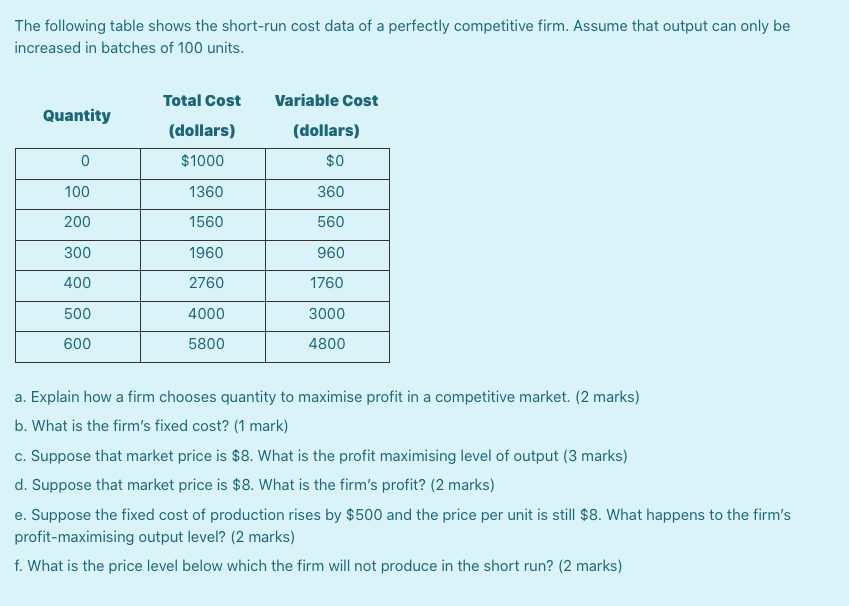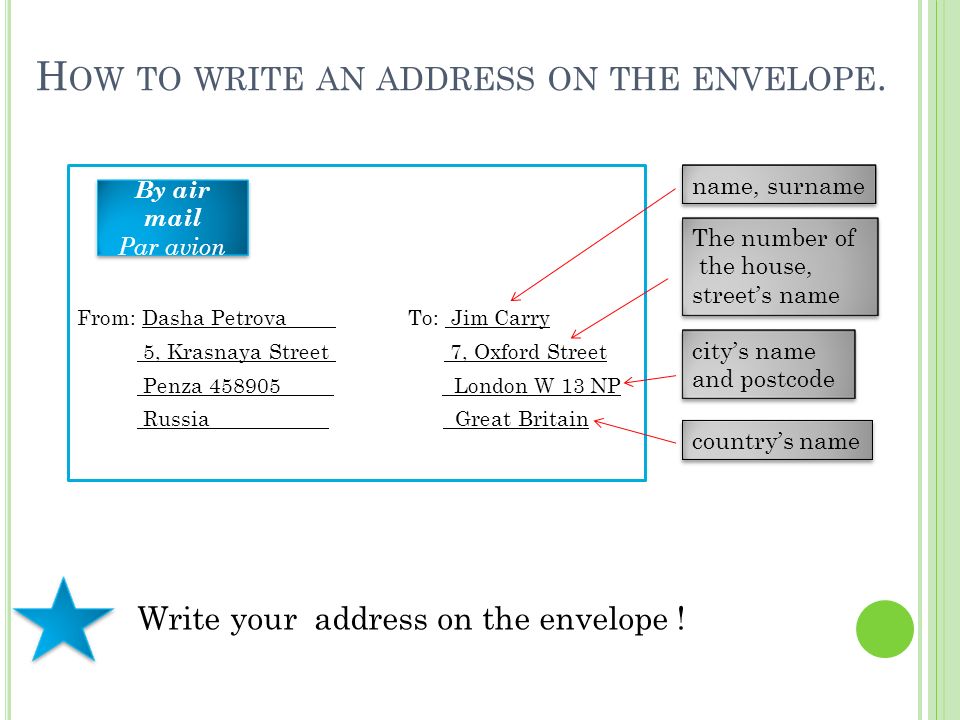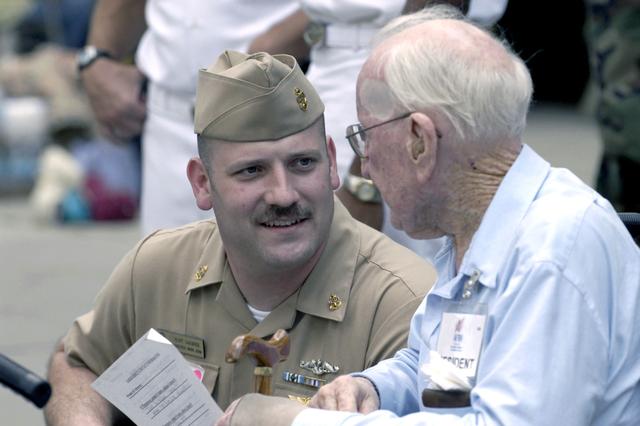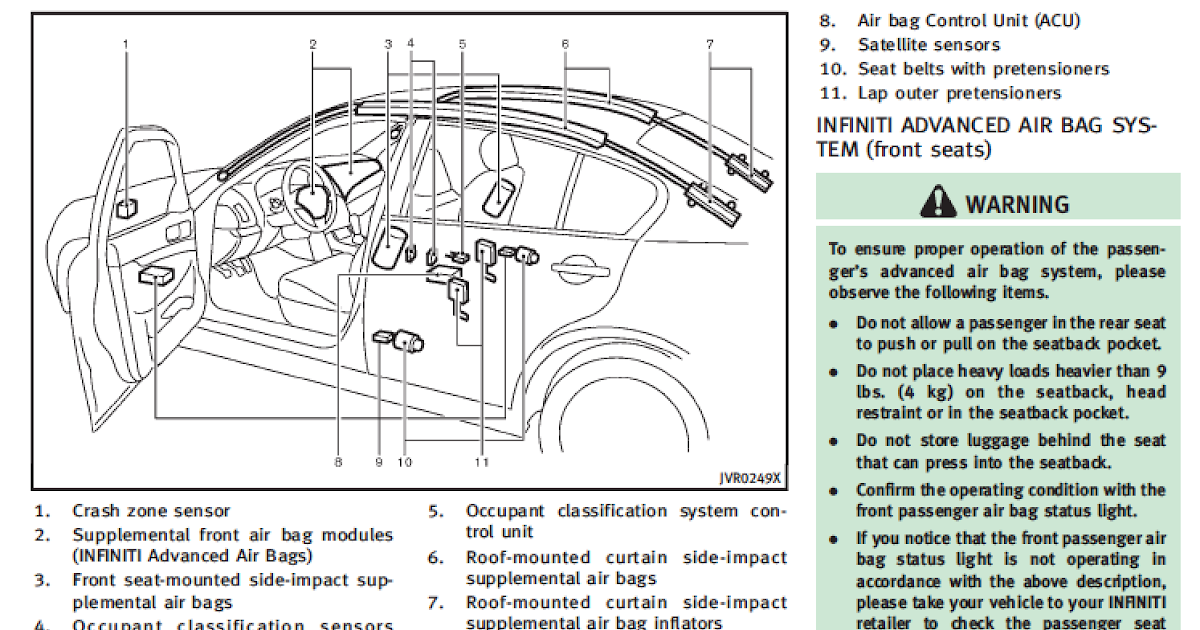See List of All ‘How To Address’ Posts
On this page:
___How to Address Retired Military (See below)
___Retired or Ret.? – Spelled Out or Abbreviated?
___Retired – In Parentheses of Not?
How to Address Retired Officers or Enlisted Personnel
United States Armed Services
—-Envelope or address block on letter or email:
—-—-(Full rank) (full name), USA/USAF/USMC, Retired
—-—-(Address)
—-—-—-or
——–
—-(Full rank) (full name), USA/USAF/USMC, Ret.
——–—-(Address)
—-—-—-
—-—-(Full rank) (full name), USN/USCG, Retired
—-—-(Address)
—-—-—-or
—-——–(Full rank) (full name), USN/USCG, Ret.
——–—-(Address)
——–—-Which looks like ….
—-——–—-Captain Robert W. Thompson, USN, Retired
——–—-—-(Address)
——–—-———or
——–—-—-Captain Robert W. Thompson, USN, Ret.
—-—-—-—-(Address)
—-Envelope, Social:
—-—-(Full rank) (full name)
—-—-(Address)
—-—-Which looks like …. How To Address Retired US Military
—-—-—-Captain Robert W. Thompson
—-—-
—-(Address)
—-Letter salutation both official and social: How To Address Retired US Military
–——-Dear (basic rank) (surname):
Robert Hickey author of “Honor & Respect”
—-#1) The branch of service designation – USA, USMC, USN, USAF or USCG – and “Retired” or “Ret. ” are used on official correspondence and in official situations when it is important to specify the person is retired and is not on active duty.
” are used on official correspondence and in official situations when it is important to specify the person is retired and is not on active duty.
—-#2) The service designation and retired are not used on social correspondence or in social situations. Fully retired personnel are orally addressed by rank at their preference in (1) social situations and (2) official situations when their participation is related to their service in the military.
—-#3) In every case the service-specific abbreviation for the (full rank) can be used. These service-specific abbreviations are standard usage within the armed services.
—-#4) Follow this link for how to socially address a military couple.
Robert Hickey author of “Honor & Respect”
We have been struggling with setting up consistent prefixes and suffixes in our database for our military grads.
—-#1) For retired service folks should we spell our “Retired” or use the “Ret.” abbreviation?
—-#2) Is there a comma after the branch of service or is it “USN Ret.”
–––––––––––––––— Development Office, George Mason University, Fairfax, Virginia
Dear Fund Raiser: How To Address Retired US Military
For official correspondence DOD guides use the comma … and either Ret. or Retired is acceptable. The show two formulas:
——–(Rank) (Full Name), (Branch of Service), (Retired)
——–(Rank) (Full Name), (Branch of Service), (Ret.)
——–Brigadier General Arthur Portnow, USA, Retired
——–Brigadier General Arthur Portnow, USA, Ret.
You may want to consider for your database using the service-specific abbreviations for the ranks:
—-—-BG Arthur Portnow, USA, Retired
—-—-BG Arthur Portnow, USA, Ret.
DOD people like the service-specific abbreviations because they will know a BG is in the Army, and a BGen is a Marine. All those service-specific abbreviations … for the USA, USN, USMC, USAF and USCG …. are in my book and elsewhere. If you want to use them – do so. If you don’t, just spell out the rank fully.
All those service-specific abbreviations … for the USA, USN, USMC, USAF and USCG …. are in my book and elsewhere. If you want to use them – do so. If you don’t, just spell out the rank fully.
Note that the branch of service and retired status may not be necessary for what you are doing:
–—-#1) On social correspondence (personal letters, invitations or cards) – active duty vs. retired status – and branch of service … are not pertinent … and thus not suggested in DOD guides.
–—-#2) On official correspondence branch of service and Retired are pertinent — and are used whenever in military environments where
active duty personnel are present.
— Robert Hickey How To Address Retired US Military
Regarding your advice to write one’s name when retired.
––––––MSgt Trevor Ross, USAF, (Ret.)
With parentheses as shown above is the correct way to signify for retirees — not as you advise.
––––––––––––––––— T.R.
Dear TR:
Thanks for your note, but the DoD style books disagree with you. Either of these forms is correct if you follow those.
––––––MSgt Trevor Ross, USAF, Retired
––––––MSgt Trevor Ross, USAF, Ret.
Here’s why: DoD stylebooks suggest:
––––––(Rank) (Name), (Branch of Service), (Retired)
––––––(Rank) (Name), (Branch of Service), (Ret.)
Every protocol officer I’ve polled (and that is a large number including the offices of the Secretary of Defense, Joint Chiefs of Staff, and the Secretaries of all the services) says the DoD stylebook is not suggesting to include parentheses around Ret. anymore than it is suggesting to put parentheses around the (Rank) or (Name).
So while I agree you do see people using the parentheses around Ret. – I present the style suggested by the protocol officers at the top of the Pentagon …. and they all say “no parentheses. ”
”
— Robert Hickey
Robert Hickey author of “Honor & Respect”
You can use these forms of address for any mode of communication: addressing a letter, invitation, card or Email. (If there are differences between the official and social forms of address, I will have mentioned the different forms.) The form noted in the salutation is the same form you say when you say their name in conversation or when you greet them.
___What I don’t cover on this site are many things I do cover in my book: all the rules of forms of address, about names, international titles, precedence, complimentary closes, details on invitations, place cards, all sorts of introductions, etc. I hope you’ll get a copy of the book if you’d like the further detail.
—-#1) At right on desktops, at the bottom of every page on tablets and phones, is a list of all the offices, officials & topics covered on the site.
—-#2) If you don’t see the official you seek included or your question answered send me an e-mail. I am pretty fast at sending a reply: usually the next day or so (unless I am traveling.) Note: I don’t have mailing or Email addresses for any of the officials and I don’t keep track of offices that exist only in history books.
—-#3) If I think your question is of interest to others, Sometimes I post the question – but always change all the specifics.
— Robert Hickey
Robert Hickey author of “Honor & Respect”
Recommended Resources: The Protocol School of Washington (PSOW) and Protocol and Diplomacy International – Protocol Officers Association (PDI-POA) For more information see the Protocol Resources page.
Robert Hickey2021-08-28T14:10:40-04:00Abbess Abbot
Accountant
Acting Official
Adjutant General
Administrator City County
Admiral
Admiral, Texas Navy
Adventist Minister
Alderman
Ambassador Foreign
Ambassador Goodwill
Ambassador US by US Citizen
Ambassador US Retired Former
Ambassador US to the UK
Archbishop Anglican
Archbishop Catholic
Archbishop Orthodox
Archdeacon Episcopal
Archimandrite
Architect
Archpriest
Assemblyman -woman
Associate Justice State
Associate Justice US
Astronaut
Attaché Diplomat
Attorney
Attorney General Assistant
Attorney General Associate
Attorney General Deputy
Attorney General of a State
Attorney General of US
Attorney US
Attorney US Assistant
Australian Officials
Author’s Name on a Book
Award, Name on an
Baron Baroness
Beatitude
Bishop Catholic
Bishop Episcopal
Bishop Orthodox
Bishop Presiding
Board Chair
Board Member
Boy
Brigadier General
British Officials
British Royalty Nobility
Brother Anglican
Brother Catholic
Brother Orthodox
Business Cards
Canadian Officials
Candidate
Captain
Cardinal
Certificate, Name on a
Chair of Board
Chair Use Of
Chancellor
Chaplain Congress
Chaplain Military
Chaplain University
Chargé d’Affaires
Chief Indian
Chief Judge
Chief Justice State
Chief Justice US
Chief of Mission
Chief of Mission Deputy
Chief of Police
Chief of Staff POTUS
Child
Chiropractor
City Manager Administrator
Clerk of a Court
Colonel
Colonel Kentucky
Commandant
Commission Chair or Member
Commissioner Court
Commissioner Federal
Commissioner Sport
Commissioner State
Commodore Yacht Club
Congressman -woman
Consul, Consul General
Corporate Executive
Councilman -woman
Counselor Diplomat
Countess
County Executive
County Manager Administrator
Couple Clergy
Couple Military
Couple Private Citizens
Couple US Officials
Curator
Dalai Lama
Dame
Deacon Catholic
Deacon Orthodox
Deacon Protestant
Dean Academic
Dean Clergy
Deceased Names of
Degree Honorary
Delegate State
Delegate US
Dentist
Deputy Chief of Mission
Deputy Marshal US
Deputy Secretary US
Designate
Detective
Diploma, Name on a
Director
District Attorney
Divorced
Doctor Medical
Doctor Military
Doctorate Honorary
Doctorate, Use of
Dowager
Duke Duchess
Earl
Elder Adventist
Elect
Emeritus Emerita
Eminence
Emperor Empress
Engineer
Esquire Esq.
Excellency
Executive County
Family
Fiancé Fiancée
Firefighter
First Husband
First Lady, Church
First Lady, State
First Lady, USA
First Lieutenant
First Names
First Secretary
Former Official
Freeholder
Gay Couple
General
Geshe
Girl
Governor General
Governor Staff Of
Governor Tribal
Governor US State
Governor US State Spouse
Governors Board of
Gravestone Gravemarker
Headmaster School
Headstone Name On
High Commissioner
Honorable The, Use Of
Honorary Degree
Honourable The
II, III, IV etc.
Inspector General
Interim
Introductions Names In
Invitations All About
Invitations All About, Military
Judge Federal
Judge Retired Former
Judge State County City
Junior, II, III, IV etc
Justice Associate US
Justice Chief US
Justice of the Peace
King
Knight
Late, The, Use of
Lawyer
Lesbian Couple
Lieutenant
Lieutenant Colonel
Lieutenant General
Lieutenant Governor
Lieutenant Governor Spouse
Lieutenant jg
Lord Lady
Ma’am
Magistrate
Major
Major General
Man Business
Man Socially
Manager City Town
Marquess Marchioness
Married Woman
Marshal US
Mayor Canadian
Mayor US City
Mayor Vice US City
Medic
Military Active Duty
Military Couples
Military Doctor
Military Rank Abbreviations
Military Retired How to Address
Military Retired Use of Rank By
Military Veterans, Use of Rank
Minister Adventist
Minister Protestant
Miss
Monk Christian Orthodox
Monsignor
Most Reverend
Mother Superior
Mrs. vs. Ms.
vs. Ms.
Mx.
Name Badge
Name Tent
Naming a Building Road or Gallery
Nobilty Former
Nominee
Nun Catholic
Nun Christian Orthodox
Nurse
Optometrist
Osteopath
Pastor
Pastor Spouse
Patriarch Christian Orthodox
Patriarch Ecumenical
Permanent Representative
Petty Officers
Pharmacist
Physician, MD
Place Cards, Names on
Plaque, Name on a
Podiatrist
Police Officer
Pope Catholic
Pope Coptic
Post-Nominal Abbreviations
Postmaster General
Postmaster Local
Presbyter Christian Orthodox
President College Univ
President Corporate
President School
President State Assembly
President US Senate
President USA
President USA Elect
President USA Former
President USA Spouse
Priest Catholic
Priest Christian Othrodox
Priest Episcopal
Prime Minister
Principal
Pro Tempore
Professor, Email
Professor, Letter
Psychologist
Public Health Service
Queen
Rabbi
Ranger Texas
Rear Admiral
Representative State
Representative US
Reservist
Reservist Use of Rank
Resident Commissioner
Retiree
Reverend, Use of
Right Reverend
Ruler
Salvation Army
Same-Sex Couple
School Board
Second Gentleman
Second Lady
Second Lieutenant
Second Secretary
Secretary General
Secretary US Assistant
Secretary US Cabinet
Secretary US Deputy
Secretary US Under
Secretary, State Cabinet
Selectman, First Selectman
Senator Canadian
Senator US Federal
Senator US State
Senior Judge
Senior, Junior
Sergeant
Sergeant at Arms
Sheriff
Signature, Your
Sir
Sister Catholic
Solicitor General
Speaker US
Speaker US, Former
Specialist
Spouse of Official
State Attorney
Surgeon General
Table Tent, Names on
Texas Ranger
Therapist
Third Secretary
Titles Useless
Tombstones Name On
Town Justice
Town Manager Administrator
Tribal Officials
Two Titles
Two Titles, Clergy
Undersecretary US
Venerable
Very Reverend
Veterans Military, Use of Rank
Veterinarian
VFW Official
Vice Admiral
Vice Mayor US City
Vice President Elect
Vice President US
Vice President US Former
Vice President US Husband
Vice President US Wife
Viscount Viscountess
Warrant Officer
White House Staff
Widow
Woman Business
Woman Socially
Search for:
Page load link Go to TopThesoldiersproject is supported by its audience. When you buy through our links, we may earn an affiliate commission. Learn more
When you buy through our links, we may earn an affiliate commission. Learn more
Written by Everett Bledsoe / Fact checked by Brain Bartell
There are many things that you need to learn for a smooth transition back into civilian life. One of those things is how to write a retired military signature. You will also need to know and remember small rules, like capitalizing military rank in a sentence. Fortunately, this guide on “How do you write retired military rank and name?” curates everything you need to know.
By the end, you should be able to write military rank and name retired and abbreviate retired military rank without having to pause or second-guess yourself. If you are not a veteran reading this, you will be able to respectfully and appropriately address retired military members.
Table of Contents
The proper way to write retired military rank differs depending on where you are addressing the veteran.
Here is how to write for the address block of an email or letter or an envelope:
For example,
However, when and where the address block of an email or letter or an envelope is used also plays a role.

Official correspondence or situation is when the veteran’s participation is related to service in the military, and vice versa for social correspondence or situations.
Similarly, rank is always included in social situations for oral addressing but may or may not be in official situations. Again, it relies on whether the situation is directly related to the veteran’s service in the military.
Note: Rank is not included when the veteran leaves service before his/her designated retirement, even if he/she was discharged under honorable conditions.
In any case, however, abbreviations can be used. They are more commonly referred to as service specific abbreviations. Thanks to them, it is possible to identify a member of the Armed Forces at first glance. Anyone—civilian military personnel—can use them at any time.
Anyone—civilian military personnel—can use them at any time.
The abbreviations are by rank (From highest to lowest) for each military branch, as follows:
STANDARD STYLEThe U.S Army
The U.S Navy
The U. S Marine Corps
S Marine Corps
The U.S Air Force
The U. S Coast Guard
S Coast Guard
Army, Marine Corps, and Air Force

Navy & Coast Guard
Enlisted Ranks:
Army
 Maj. of the Army
Maj. of the ArmyMarine Corps
Air Force

Note: Service specific abbreviations can be used to address retired reservists, using the formula: (Rank) (Full Name), (Abbreviation for Service Branch), Retired/Ret.
For example, you would write retired army rank like this: GEN Tom Smith, USA, Retired.
That wraps up our article on “How do you write retired military rank and name?” Hopefully, you have picked up a lot of useful information. If you have any questions, feel free to reach out to us in the comments. We would love to hear from you!
We would love to hear from you!
Everett Bledsoe
I am Everett Bledsoe, taking on the responsibility of content producer for The Soldiers Project. My purpose in this project is to give honest reviews on the gear utilized and tested over time. Of course, you cannot go wrong when checking out our package of information and guide, too, as they come from reliable sources and years of experience.
Saving, Fundamentals of state pension provision, November 16, 2022
Share:
Source: Edition MyFinance
Sometimes a pensioner has to move. For example, due to a change of work, after grown-up children who have chosen to live in another city, or in a more favorable climate for health reasons. We will tell you where to apply for a pension in this case and after what time you can get your first payment at your new place of residence.
The Pension Fund must be notified of the move in order for it to redirect the payment to the new place of residence. You can submit an application in person when visiting the territorial office of the Pension Fund of the Russian Federation, the MFC or through the State Services.
You can submit an application in person when visiting the territorial office of the Pension Fund of the Russian Federation, the MFC or through the State Services.
The procedure is as follows:
It takes about four business days for the benefit to be transferred to the new address. That is, in order to receive the next pension, you need to contact the Pension Fund no later than 4-5 days before payment. Another option is to wait for the payment of a pension and only then send an application to the FIU for its transfer to another region.
When transferring a pension to a new address, PFR employees check the correctness of establishing the payment at the previous place of residence. If an error is found, the payout can change both up and down.
If an error is found, the payout can change both up and down.
There are four ways to receive your pension payment. The pensioner is invited to choose the most convenient one:
You can change your pension provider at any time. To do this, you need to notify the Pension Fund. This can be done in writing through an application submitted to the FIU or a multifunctional center, or electronically through the State Services portal. The application should indicate the most convenient way to receive a pension, as well as account details (if through a bank).
When receiving a payment on a bank card, pensioners do not always notify the Pension Fund of a change of residence. However, the FIU says that it is necessary to do this. The pensioner's personal file contains information that the FIU officer at the new place of residence may need. For example, to recalculate the size of the pension. In addition, a pensioner may be entitled to allowances (for example, “northern surcharges”), which work in one region and not in another.
When moving abroad, the labor (insurance) pension is retained. A citizen of Russia has the right to receive a payment if he went to live abroad both before and after the retirement age. According to the Pension Fund of Russia, more than 337 thousand citizens who live in 133 countries receive pensions.
To make a payment, a citizen with Russian registration can submit an application to any PFR branch located in Russia. This can be done in person during a visit to Russia, through a legal representative for whom a power of attorney is issued, or in the form of an e-mail.
Personal reception of citizens and proxies is also carried out by the Department of Social Security for Resettlement and Integration of the Pension Fund at the address: Moscow, st. Anokhin, 20 building A.
The following documents will be required to assign a pension:
Until recently, compatriots who went to live abroad received payments either on Visa or Mastercard cards, or by transfer to an account in a foreign bank. Because of the sanctions, this has become impossible. To resolve the situation, Prime Minister Mikhail Mishustin signed a decree that introduces temporary rules for the payment of pensions under sanctions. According to them, pensions for citizens living abroad will be credited to ruble accounts opened in Russian banks.
According to them, pensions for citizens living abroad will be credited to ruble accounts opened in Russian banks.
If you have any problems with calculating your pension, it is recommended to contact the Pension Fund's online reception.
When moving abroad for permanent residence, a social pension, unlike a labor pension, is not paid. This applies to payments for disability, loss of a breadwinner, etc. In addition, a pensioner is deprived of regional supplements, including, for example, northern allowances.
A pensioner living abroad must once a year submit to the Russian consulate a document confirming the fact of being alive. This can be done in the Pension Fund in Russia. Such confirmation is a prerequisite for payments from the FIU.
Share:
Source: Edition MyFinance
Author: Maria Ivatkina
Tags: For life Long term savings Pensioners Understand life situation
To contact our team, please leave your contact details and your question. We will contact you within 3 business days.
We will contact you within 3 business days.
How can I call you
Required field
E-mail address
The field is required and must be email
Your message
Required field
I agree with rules for the use of site materials and personal data processing policy
For life
Small business
Many pensioners habitually choose to receive their pension in cash, but this may not be suitable for everyone. Indeed, not everyone has the time and opportunity to regularly go to the post office or wait for the postman with the next payment at home. To make the process of receiving a pension more convenient, efficient and safe, you can set up its transfer to a bank card. In this way, funds will be automatically credited to the specified account, eliminating the need for the recipient to visit the post office and reducing the risk of loss or theft of funds.
In this way, funds will be automatically credited to the specified account, eliminating the need for the recipient to visit the post office and reducing the risk of loss or theft of funds.
Become a client
Let's find out how you can transfer pension accruals to a bank card and what you may need for this.
There are many advantages to receiving a pension in non-cash form. Let's consider the most basic of them.

The Pension Fund pays pensions to the cards only of those banks with which the relevant agreement has been concluded. Before submitting an application, check with the bank if it has an agreement with the PFR branch you need.
The recipient himself, his representative, for example, a guardian or custodian, or his authorized representative, that is, the person for whom the power of attorney is issued to receive pension payments, can apply for the transfer of a pension. There are two main ways to transfer a pension to a bank account - apply to the Pension Fund or fill out an online application on the State Services portal. Let's consider both methods in more detail.
There are two main ways to transfer a pension to a bank account - apply to the Pension Fund or fill out an online application on the State Services portal. Let's consider both methods in more detail.
Through the FIU
You can contact the FIU both in person and remotely. In the first case, you need to choose the branch of the fund closest to you, make an appointment and fill out an application for transfer there with the help of one of the employees. The second option is to apply online. To do this, you need to register on the website of the Pension Fund, enter your personal account and in the "Pensions" section fill out an application to change the method of delivery of payments, indicating "Through a credit institution" as the main option. There you will also need to indicate the details of the card to which payments will be transferred, including the account number to which the card is linked - you can find it in the banking application or from a representative of a credit institution.
Through the State Services
Another way to arrange a pension transfer remotely is to use the state portal of the State Services. To apply through Public Services, you only need a verified account on the portal. An application for the delivery of a pension can be found in the section "Services" - "Payment of pensions". In the application itself, you need to note the new method of receiving funds - “Via a credit card”, as well as indicate the full details of the payment instrument.
After filling out the application will be sent for approval to the FIU - a response from the department usually comes within a few days. However, after the application is approved and a response is received, the pensioner or his representative will still have to visit the nearest FIU branch in order to provide the agency with the originals of the necessary documents.
To apply for a pension transfer, you need to provide the following documents:
If the pensioner's representative submits the application, they will also need to provide their identity card and a document confirming their authority as a representative - for example, a power of attorney.
According to the law, pension payments can be credited to debit cards of any banks. The main condition is that these cards must belong to the MIR payment system, since, according to the law, any budget payments can only be credited to the means of payment of the national operator.
If a pensioner does not yet have any card, then before submitting an application to the Pension Fund of the Russian Federation or at the State Services, he will need to visit a branch of the bank of his choice, conclude an agreement for banking services and issue a card
Russian banks now offer a variety of products designed specifically for pensioners, including plastic cards with preferential services. At the same time, pension payments can be credited not only to them, but in general to any standard bank cards. Therefore, if a pensioner already has a debit card of the MIR system in any of the Russian banks, he can set up the transfer of a pension to it - it is not necessary to issue a new one.
Yes, if the pension is already credited to an account with one bank, it can be transferred to an account with another - for example, one that provides more favorable terms of service or offers pensioners additional bonuses. To change the current credit institution to a new one, you will need only two steps:
To change the current credit institution to a new one, you will need only two steps:
1
Apply to a new bank and issue a new bank card
2
Apply to the Pension Fund branch with an application to change the details of the account to which the pension is credited
It usually takes one to several days to get approval from the Pension Fund. After the application is approved, the pension will automatically be transferred to the specified card. However, you need to pay attention to the fact that the transfer of a pension in a non-cash way may take place on other dates than its issuance by mail. The exact terms of crediting will depend on the bank and on the mode of operation of the FIU in your region, however, in most cases, crediting to the account occurs on the same day that the money was received from the FIU.
Pension accruals can be received in cash, or you can set up their transfer to a bank card belonging to the MIR national payment system. You can set up a transfer in person - by contacting the PFR department, or remotely - through the PFR website or the State Services portal. The transfer of pension savings may take several days.
In Raiffeisen Bank, the limit of transfers via the Faster Payment System has been increased to 300,000 ₽ per day. And until March 31, you can even transfer by phone number via SBP without commission
Follow us on social networks and blog
© 2003 – 2023 JSC Raiffeisenbank
General license of the Bank of Russia No. 3292 dated February 17, 2015
Information on interest rates under bank deposit agreements with individuals 9006 RBI Group
Corporate Information Disclosure Center
Information disclosure in accordance with Bank of Russia Ordinance No. 3921-U dated December 28, 2015
By continuing to use the site, I agree to the processing of my personal data
Follow us on social networks and blog
+7 495 777-17-17
For calls within Moscow
8 800 700-91-00
For calls from other regions of Russia
20237 – © 20237 Raiffeisenbank.General license of the Bank of Russia No. 3292 dated February 17, 2015.
Learn more










